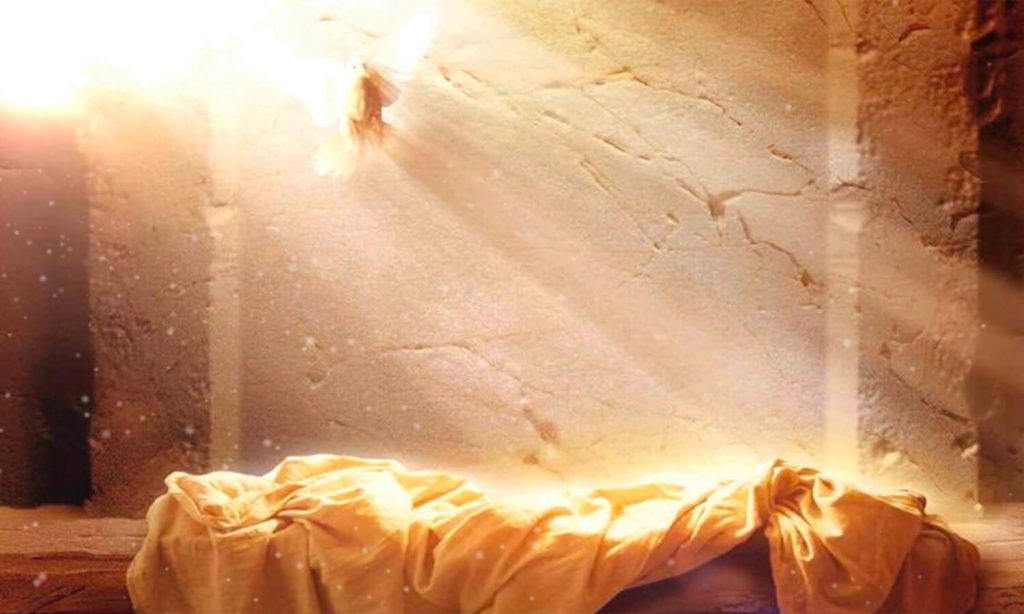Our Head of Junior School reflects on a joyful start to 2026, welcoming new families and inviting students to embrace a year of curiosity, confidence and endless possibility.

Dear Parents and Guardians,
As we approach our final week of term, I would like to thank families for their incredible support. Term 1 has been very successful and enjoyable as we shared many events together celebrating our community.
Our Chaplain, Helen Creed, is sharing with us her reflection for Easter, this significant time in our Christian calendar.
I wish you all a very happy and safe holiday, and I look forward to welcoming everyone back for Term 2.
With best wishes,
Debbie Dunwoody
I am about to do a new thing;
now it springs forth, do you not perceive it?
I will make a way in the wilderness
and rivers in the desert.
Isaiah 43:19
In my work as priest and chaplain over the past 20 years, I have had the honour of walking beside people at various life-junctions. What I have found in that time is that one of the most challenging things for us to face is endings. Born into the world with hearts full of love and yearning, we become very attached to many things: people, dreams, goals, communities, work-places, clubs, family traditions, the list goes on and on. And when endings come, as they must, as we know they must, we are often left confused and uncertain, the rug pulled out from under us, our understanding of the goodness and grace of life severely tested. Whether it is the death of a loved one, the end of a job, a dreaded diagnosis . . . we are faced with a door that has slammed shut: a door that we can’t unlock, or leap over, or ram our way through. And it hurts.
We are heading towards the week in the Christian calendar that is called “Holy Week”, a week where we re-tell the story of Jesus facing his destiny in the city of Jerusalem some 2000 years ago. But it’s not just a week for looking back. We return to these stories to see what help they might offer us today, what light they might throw on our perplexities and confusions. In this Easter message, I’d like to offer two ways that I have been helped by the stories of Holy Week, in the hope that these ways might be of some help to you.
Church services on Good Friday confront us with a most grievous event: the death of a truly good human being, a terrible miscarriage of justice, the rejection of the one who loved us into existence. And in telling the story of that day, we take the time we need to feel our grief, to register our protest at such a turn of events, and perhaps, also, to see in this story, part of our own. Good Friday church services may include beautiful music, gentle prayers, and the refuge of silence, but there is no attempt to speed through the story or tidy up our responses. We live in a world that is very keen to find “closure” (how many times do I hear this word, as if grief is somehow amenable to a rational decision to close it down!). But Good Friday gives us permission to feel the rawness of our emotions, to listen to the sounds of our hurting souls.
But of course, this is not the whole story of Holy Week, and it’s important to have the whole! The bleakness of Good Friday gives way to the extra-ordinary good news of Easter Day: that God has brought Jesus back to life, that God will not let one nanogram of the goodness of Christ be lost. The reason the Church keeps on telling the Easter story is because it’s the story that shows us most clearly how life unfolds under God’s care and blessing. This precious life, Easter says, will include heart-rending endings, but these are never the end of the story. For wherever there is an ending, Easter says, you can be sure God is also there, doing what God is eternally devoted to: creating new life in a place of death, protecting and preserving every good and lovely thing that has ever existed, bringing us alive to more true and abundant life. (The church word for all this is “resurrection”.)
If the Good Friday story gives us permission to grieve and to protest, then Easter Sunday encourages us, even in the midst of ruins, to hope. To place our hope in God’s infinite care and love that will, in the end, make all things well.
May God’s infinite care and love walk with you this Easter. My prayers during Holy Week will be for members of our school community who are facing difficulties at this time. May I also extend my best wishes to those who are currently observing Ramadan.
Helen Creed
School Chaplain
Our Head of Junior School reflects on a joyful start to 2026, welcoming new families and inviting students to embrace a year of curiosity, confidence and endless possibility.
More than 400 parents came together for the Annual PFA Welcome Evening, celebrating connection, conversation and a warm start to the year as a community.
A new school year begins with the energy of new students, exceptional VCE results, and important developments shaping the year ahead at Camberwell Girls.

